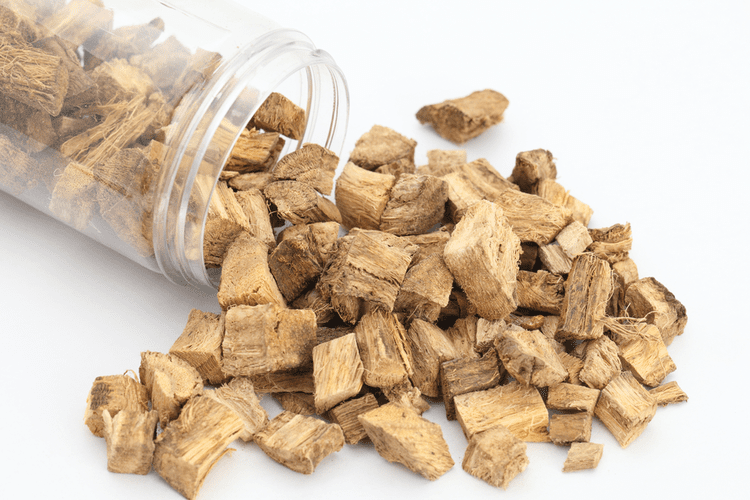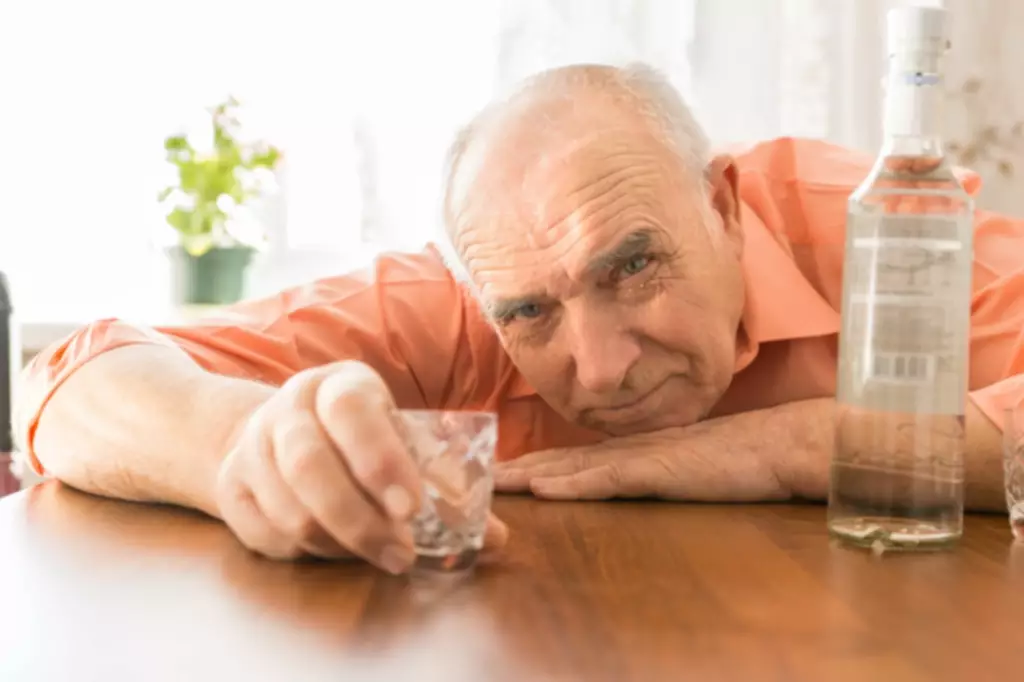Six Ways that Drinking Alcohol Affects Your Eyes
Content
For example, many people have occult eye muscle imbalances, but the sober brain can preserve crisp, single vision. Once the person has consumed a little alcohol, the brain relaxes that control and vision problems become apparent. However, these changes will go away once the alcohol has cleared the system. This article reviews how alcohol can affect vision, the possible short- and long-term effects, treatments, and more.
It may appear as graying of vision, zig-zag patterns of light, or blind spots. Casual drinking likely does not cause toxic optic neuropathy. But long-term alcoholism can cause nutritional deficiencies (such as B12 and folate https://ecosoberhouse.com/ deficiency) and gut absorption issues. Both of these can lead to the development of nutritional optic neuropathy over time. Chronic alcoholism can lead to liver damage and eventually alcohol-related liver disease (or ALD).
Alcohol and your vision
These muscles are constantly being flexed and relaxed to keep your vision stable and in the direction you are choosing to focus on. Rapid eye movements or involuntary eye movements are often called nystagmus and can affect one or both eyes. These involuntary eye movements can cause your eyes to jump in every which way. Sometimes there’s a pattern to the movements, but it can also be totally random. Tyler Sorensen is the President and CEO of Rebuild Your Vision. Formerly, Tyler studied Aeronautics (just like his brother) with the dream of becoming an airline pilot, however, after 9/11 his career path changed.
While some people may experience multiple side effects, others may face fewer complications. Unfortunately, the effects of heavy drinking affects more than the person struggling with alcohol abuse – it affects the people around them. Even the short-term effects of drinking can cause extensive harm, ranging from driving under the influence (DUI) and criminal activities to unintentional self-harm. Drinking a lot of alcohol over a long period of time damages the brain and impairs its ability to function. You can get permanently blurred vision or even double vision. These impairments are caused by the weakening of the muscles in the eye.
Researchers
Generally speaking, anything above drinking in moderation can negatively impact your health. Therefore, it is best to drink well below the “moderate” classification. Sensitivity to light is probably the most well-known side effect of a hangover. This vision problem can also affect inebriated people however they may have had too much to drink to remember. Drinking large amounts of alcohol may temporarily but significantly increase the size of your pupils, though effects can vary from person to person. Drinking alcohol may decrease the sensitivity of your peripheral vision.
And yes, you may feel great and energized upon waking up—but that doesn’t mean you didn’t have too much to drink the night before. Treatment providers are available 24/7 to answer your questions about rehab, whether it’s for you or a loved one. Submit your number and receive a free call today from a treatment provider. If you or a loved one is ready to overcome an alcohol addiction, reach out today.
Six Ways that Drinking Alcohol Affects Your Eyes
Damage may be
a result of the direct effects of alcohol on the brain or may result indirectly,
from a poor general health status or from severe liver disease. The risk of developing age-related cataracts changes based on the amount of alcohol a person drinks. An Optometry and Vision Science study found that moderate drinking may have a protective effect against cataracts. The study also found an increased risk of developing cataracts among heavy drinkers — those who drank more than two drinks (20 grams of alcohol) a day. Long-term effects of alcohol abuse can have detrimental consequences on your vision and eye health. In extreme cases, toxic amblyopia, the result of a toxic reaction in the optic nerve which causes permanent vision loss.
- Not many would think that too much alcohol could cause permanent vision damage.
- Long-term effects of alcohol abuse can have detrimental consequences on your vision and eye health.
- Our very own President & CEO Mary Lou Mastro will post about what our patients want to know, from the latest buzz in our hospitals to what’s new in health care.
- An Optometry and Vision Science study found that moderate drinking may have a protective effect against cataracts.
Your pupils will also react more slowly, so they will not be able to constrict or open up as well. This can make driving very difficult since you can’t react well to headlights. Retinal-image quality and night-vision performance after alcohol consumption. They may also be able to point you to resources to help you cut back or quit drinking to help you improve the health of your eyes and your overall well-being. If you have any eye problems you worry may be related to drinking, talk to your eye doctor. They can do a comprehensive eye exam to look for signs of cataracts, macular degeneration and other problems.
Excessive Drinking & Altered Visual Performance
You may also feel sluggish, groggy, and easily irritable, mainly due to disrupted sleep or low blood sugar levels. Because alcohol is a potent diuretic, it can quickly dehydrate you, leading to the characteristic symptoms of a hangover, including a throbbing headache. Research reviews have also listed alcohol as a culprit for triggering migraine attacks. If you’ve ever had to nurse a hangover, nausea and vomiting are commonly part and parcel of the ordeal. While throwing up can make you feel miserable, it is one of your body’s self-defense mechanisms to remove excess toxins from the alcohol consumed. For some of us, half a dozen drinks during a night out aren’t yet enough to faze us.
For people who have been heavily drinking for years, alcohol damages their airways and interferes with their lungs’ ability to fight off infection. Furthermore, alcohol impairs the body’s ability to remove mucus from the lungs, leading to a higher risk of pneumonia and other health complications. The same study also noted alcohol’s possible link with geographic atrophy. This refers to an irreversible deterioration of the delicate tissues beneath the retina in the eye that’s part of late stage AMD that leads to permanent vision loss. While it’s unclear whether there’s a direct cause-and-effect relationship between drinking alcohol and AMD, research suggests that alcohol consumption may worsen this eye disease. Macular degeneration is a type of eye condition that impacts visual sharpness (acuity), and it’s common in adults over age 50.
Healthy Driven Moms
The Mayo Clinic defines alcoholism as the “inability to control drinking due to a physical and/or emotional dependence on alcohol”. Typically this is seen in heavy drinkers or binge drinkers, however just blurry vision after drinking alcohol because you are a heavy drinker or binge drinker does not necessarily mean you are an alcoholic. Heavy drinking and binge drinking are not necessarily considered alcoholism, but most certainly can be.
Optic neuropathy can cause loss of vision (which will most likely be painless), decreased peripheral vision, and problems seeing colors. It is a more serious condition than some of the other effects described above. There may be an association between increased alcohol consumption and geographic atrophy, a form of advanced age-related macular degeneration (AMD). However, simply reducing alcohol intake may not be enough to prevent geographic atrophy. One or both of your eyes may twitch during or after drinking alcohol. While there are many causes of eye twitching, it may be wise to cut back on drinking for a while if you develop an eye twitch that may be alcohol-related.
Research suggests that drinking moderate to heavy amounts of alcohol may increase the risk of AMD development and progression. The goal of treatment is to help prevent AMD progression while also preserving your central vision. While researchers found a link between heavy alcohol consumption and late stage AMD, they also noted a higher risk in those with genetic predispositions who had 2.70 drinks or more per week. Also known as age-related macular degeneration (AMD), there are other risk factors for this eye condition aside from getting older. This includes certain lifestyle factors, such as diet and alcohol consumption. Children with FAS may have distinct facial
features (see illustration).

